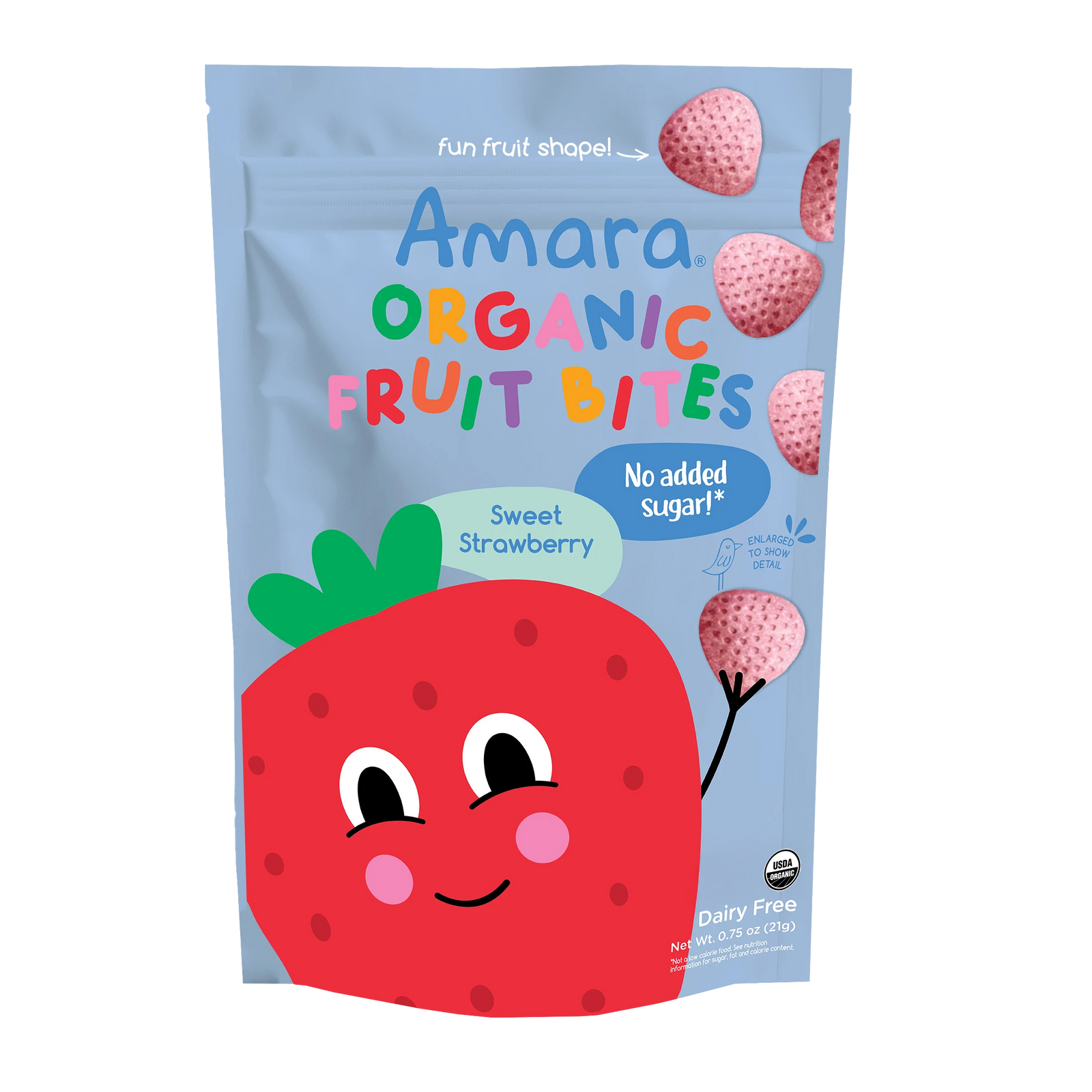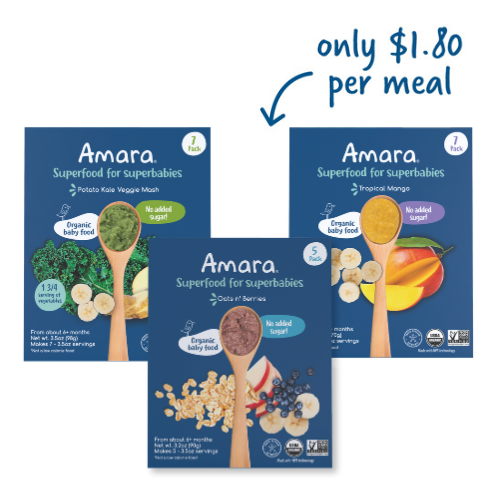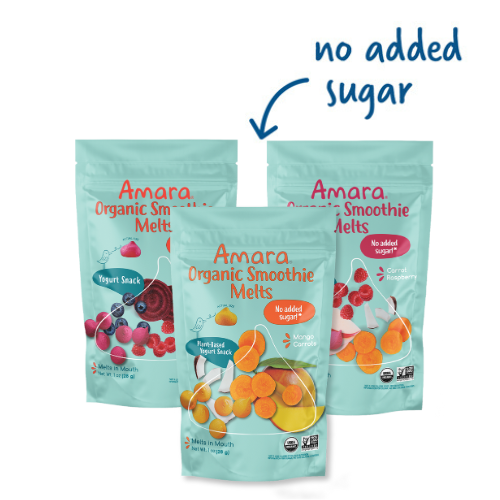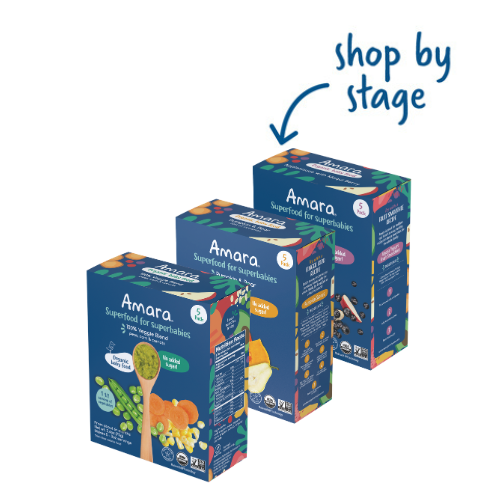10 Things to Know About Newborns | First Time Parents Guide on How to Care for a Newborn Baby
So you spent 9 months thinking about it, and probably more planning it. But now your baby is here and all the books and blogs couldn’t prepare you for this moment. You are now new parents and being a new parent can be a mix of terrifying, absolutely wonderful and utterly exhausting. But don’t worry, those feelings are shared by parents all over the world and people have been making it through the first 8 months of newborn babies for longer than you’ve been around. Here are some things for you to know about your newborn that (hopefully) will put your mind at ease.
1. Appearance
Newborn babies have just spent nine months in the womb and undergone labor, so yours might be a bit hairy, have a flattened forehead, etc. Don’t fret. Your baby is beautiful. There are a lot of blogs around that will talk about how to solve these appearance issues but unless your doctor says otherwise, most babies will grow into their noses, ears, and fuzzy faces.
2. Bathing
Giving your baby his/her first bath can be scary. Bring a loved one with you for support or an extra hand. Remember that the umbilical cord may fall off faster if it’s kept dry, so if you are giving your newborn baby sponge baths, slight bleeding when the cord falls off is normal. If you are concerned, call your doctor, don’t worry because it’s not the first time they’ve had someone ask.
3. Dry skin
When your baby comes out of the fluid-filled womb, your newborn is adjusting to dry air and so it’s normal for them to develop dry, peeling skin. Don’t worry, your baby is adjusting and their skin should learn to adjust to the “outside” air soon.
4. Going out
Everyone feels comfortable bringing their baby out of the house at a different time in your newborn’s first months. When you bring your baby outside, make sure you shield them from the sun, keep sick people away from them and keep them warm. They are more sensitive in the first months but they can leave the house when you’re ready.
5. The “soft spot”
You don’t have to dodge the “soft spot”. Touching it very gentlywon’t harm your baby. If your baby has siblings, make sure to explain this to them and keep your newborn under supervision.
6. Weight
Many newborns lose 5% to 8% of their original birth weight during their first week, but they gain it back by the second one.
7. Nourishment
Breastmilk and/or formula is truly astonishing. Breast milk and/or formula are made to have everything a newborn needs for proper nutrition.
8. Solids
Babies eat baby food stage 1 when they’re finally ready for solid food (usually around 6 months old). Check out our blog on when to know if your baby is ready to start solids and consider starting your little ones off extra healthy with organic baby food stage 1.
9. Teething
Teething is generally seen in babies around 6 months old, but can begin at any time between 3 and 12 months of age.
10. Crawling
When can babies start crawling? Most babies start crawling between 7 and 10 months of age, but it’s perfectly natural for some babies to try out scooting, rolling, or other types of self-transport first.
See? Learning how to care for a newborn can be challenging but should be a fun new stage of your life. Don’t be anxious -- be excited!







Leave A Comment